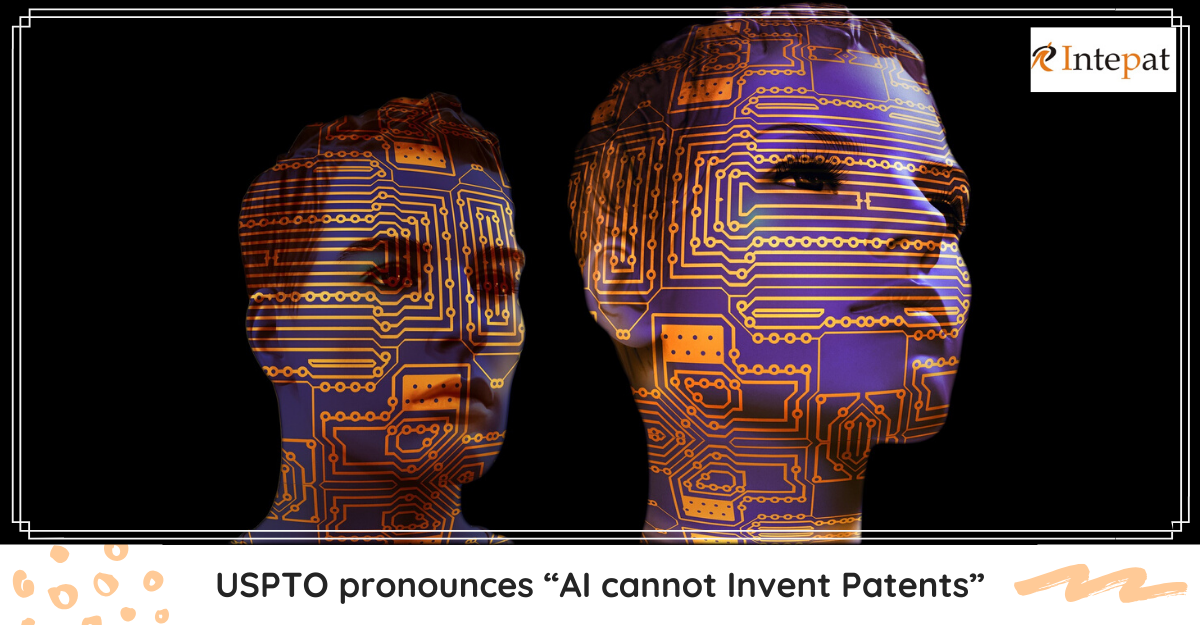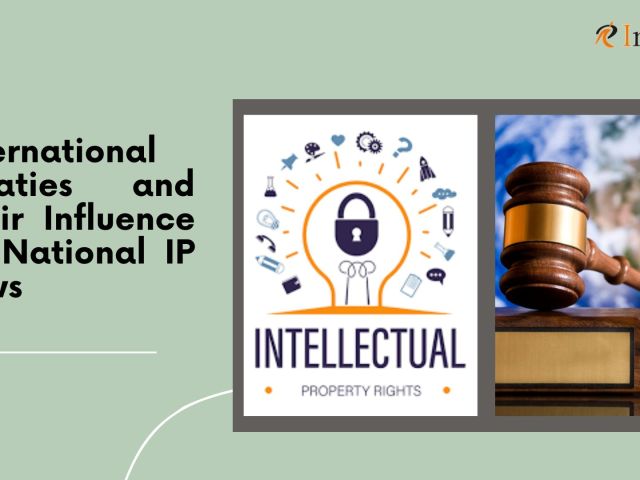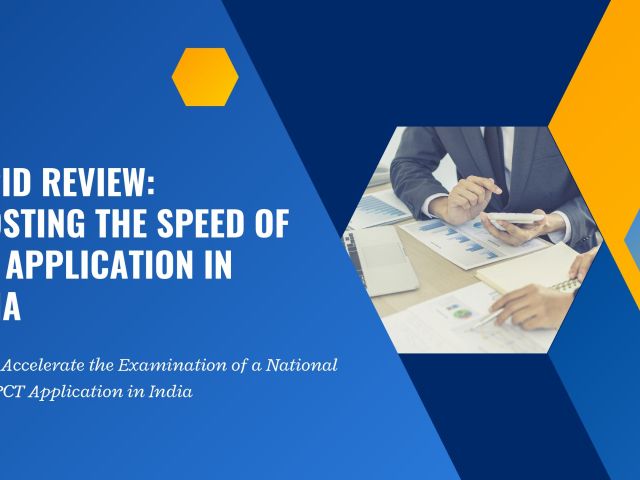In a landmark decision published on April 27, 2020, the US Patent and Trademark Office has affirmed its stand on the question, “Can AI be the inventor?” The USPTO has denied acknowledging AI as an inventor.
The question of providing inventorship to AI arose, when on July 29, 2019, Stephen Thaler, as assignee, filed a patent application listing the inventor’s given name as “DABUS” and family name as “Invention generated by artificial intelligence.” DABUS – the “inventor” – is a “the creativity machine,” a series of neural networks created by Thaler. The USPTO issued a Notice to File Missing Parts because the application did “not identify each inventor by his or her legal name.”
The USPTO has now reaffirmed its stand and denied the petition to vacate the Notice of Missing Parts of the Application No.: 16/524,350 (the ‘350 Application), titled “Devices and Methods for Attracting Enhanced Attention (DABUS).”
The argument presented by Thaler in his petition was that DABUS is a creativity machine, and ‘the 350 application’ was developed by it. DABUS was “trained with general information in the field of endeavor to independently create the invention.” Therefore, it should be named as the inventor.
The decision came after Thaler filed an instant petition on January 20, 2020, after the rejection of his August 29, 2019 petition on December 17, 2019.
The latest decision of USPTO is in line with the stand of EPO and UKIPO on the question of AI as an Inventor.
USPTO mentions that the patent statutes themselves preclude a broad interpretation of inventorship going beyond natural persons. Title 35 of the US Code refers to inventors as “natural persons,” using the words “whoever” (suggesting a natural person) and “himself” and “herself” (again suggesting that inventorship is limited to natural persona). USPTO held that interpreting the patent statutes broadly to encompass machines, as well as natural persons, would be contrary to the text of the law.
In the case of Univ. of Utah v. Max-Planck-Gesellschaft zur Förderung der Wissenschaflen e.V., the US Court of Appeals for the Federal Circuit held that a state could not be an inventor. The court wrote that mental gymnastics are required to invent, and to perform these intellectual somersaults, inventors must be “natural persons and cannot be corporations or sovereigns.” Also, in Beech Aircraft Corp. v. EDO Corp., the Court held that “only natural persons can be ‘inventors'” as well.
The USPTO also referred to Title 37 of CFR, which references an inventor as a “person.” The USPTO stated that both CFR and Manual of Patent Examining Procedure determine that the invention “conception” must come from a natural person. Specifically, the Manual of Patent Examining Procedure continuously references the “mind of the inventor.” The USPTO is of the opinion that continued references to “mental” state and the “mind” imply that a natural person must conceive an invention.”
Interestingly, Thaler’s application was rejected in November 2019 by EPO too. The reason is that the application didn’t state the family name, given names, and the full address of the inventor, without addressing the issue of whether an AI system can be an inventor. In response to this, Thaler first/given name (DABUS) and last/family name (Invention generated by Artificial Intelligence). But this was again ruled in January 2020, stating that an AI system lacks a legal personality and thus cannot be named as an inventor as per EPO norms.
On the other hand, UKIPO accepted that the DABUS created the application but refused to consider DABUS as an inventor since it is not a person as per the UKIPO norms.
All these rulings are still unclear on the question related to the patentability of AI inventions. The debate seems to be far from over and shall continue until the conception of clear guidelines on the handling of IP advances by AI takes place and comes into force.
The same was opined in the submission by Intepat to WIPO on AI and IP Policy Public Consultation. In December 2019, WIPO issued its call for comment as the latest step in the Organization’s efforts to help provide focus to the conversation around AI and IP policy wherein Intepat submitted the comments.




